
DESTINY-Breast05 analyses show post neoadjuvant Enhertu improves invasive disease free survival compared with Kadcyla in patients with residual early stage breast cancer.

DESTINY-Breast05 analyses show post neoadjuvant Enhertu improves invasive disease free survival compared with Kadcyla in patients with residual early stage breast cancer.

Voranigo plus Temodar was safe in glioma with IDH1/2 mutations.

Neoadjuvant Enhertu then THP improved pathological complete response rate in patients with high-risk, HER2-positive early breast cancer.

Among patients with EGFR-mutated non-small cell lung cancer Tagrisso plus chemotherapy was associated with an improvement in survival.
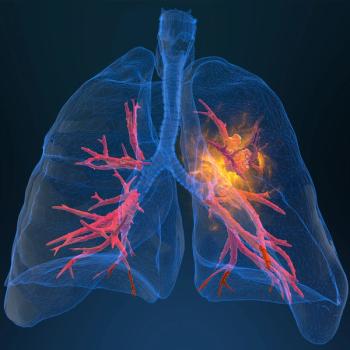
Imdelltra improved survival and quality of life versus chemotherapy as second-line treatment for small cell lung cancer, reinforcing it as a new SOC.
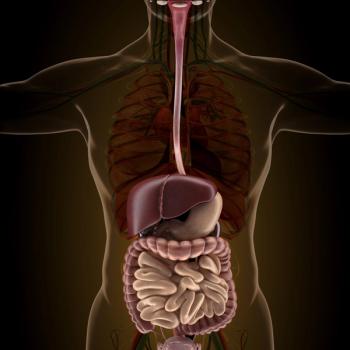
Adding Imfinzi to fluorouracil-based chemo improved event-free survival and response rates in resectable gastric and gastroesophageal junction cancer.

Braftovi and Erbitux plus chemotherapy improved survival without progression over standard therapy in BRAF V600E-mutant mCRC in the first-line setting.

Patients with BRAF V600E-mutated metastatic colorectal cancer experienced improved responses when treated with Braftovi plus Erbitux and mFOLFOX6.

In resectable, locally advanced esophageal squamous cell carcinoma, neoadjuvant Tyvyt plus chemoradiotherapy led to an improvement in response rates.

Opdivo plus chemo showed long-term survival advantages in Chinese patients with advanced gastric, gastroesophageal junction or esophageal cancer.

Outpatient lymphodepletion followed by Tecartus was found to be safe and effective in treating B-cell acute lymphoblastic leukemia and mantle cell lymphoma.

Treatment with imlunestrant either with or without Verzenio was shown to improve progression-free survival in some with ER-positive, HER2-negative advanced breast cancer after endocrine therapy.

Patients with early triple-negative breast cancer had improved survival outcomes after receiving presurgical Keytruda plus chemotherapy and postsurgical Keytruda.

Treatment with the antibody-drug conjugate TORL-1-23 was safe and tolerable in heavily pretreated, CLDN6-positive advanced solid tumors, including platinum-resistant ovarian cancer.
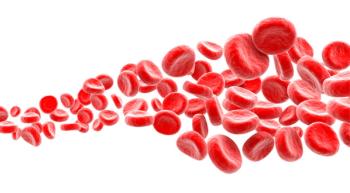
A Darzalex-based regimen improved MRD negativity rates compared with VRd in patients with newly diagnosed, transplant-eligible multiple myeloma.

Enhertu lengthened the time to progression in patients with HR-positive, HER2-low or -ultralow metastatic breast cancer.

Tagrisso following chemoradiotherapy improved progression-free survival compared with placebo in stage 3 EGFR-mutated non–small cell lung cancer.

When compared with unvaccinated patients, HPV vaccines were associated with lower rates of HPV-related cancer for people younger than 40.

Although research has delved into the potential link between clonal hematopoiesis and heart-related events such as heart attacks and strokes in patients with kidney cancer, more research is needed to further understand this association.
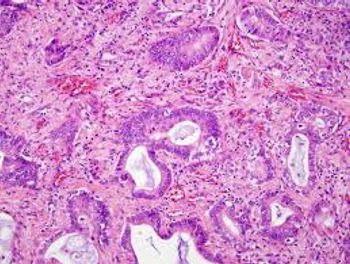
Patients with extensive-stage small cell lung cancer responded well to the treatment of Trodelvy, according to preliminary results from a phase 2 trial.

Platinum-based chemotherapy, when administered before chemoradiotherapy, improved progression-free and overall survival for patients with locally advanced cervical cancer.

Treatment with the combination of Sarclisa, Kyprolis, Revlimid and Isa-KRd generated high rates of minimal residual disease negativity in patients with newly diagnosed, high-risk multiple myeloma, irrespective of transplant status.

An expert gives an overview of up-and-coming treatments for patients with kidney cancer.

Iclusig plus reduced-intensity chemotherapy led to improved outcomes for patients with Philadelphia chromosome (Ph)–positive acute lymphoblastic leukemia, and should be the new standard of care, one expert said.
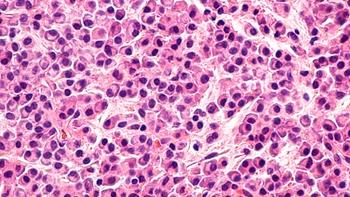
Elranatamab led to early and deep responses in patients with relapsed/refractory myeloma who were previously treated with a BCMA-directed therapy.

The benefit obtained from Keytruda plus chemotherapy in patients with persistent, recurrent or metastatic cervical cancer occurred regardless of whether they also received Avastin.

Adding the novel drug oleclumab to Imfinzi and chemotherapy for the frontline treatment of advanced triple-negative breast cancer did not improve clinical outcomes, according to recent study findings.

Brukinsa, which was approved in September 2021, resulted in better ouctomes for certain patients with with Waldenström macroglobulinemia, according to the ASPEN clinical trial.
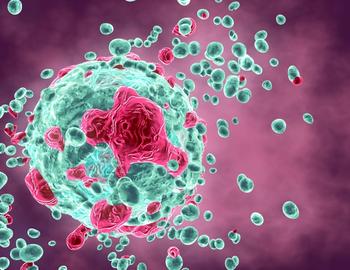
A three-drug regimen was shown to lengthen the amount of time before cancer progressed to the central nervous system — known as central nervous system progression-free survival — in certain patients with breast cancer.

Early-phase study results showed that treatment with a novel drug elicits promising outcomes in patients with advanced or metastatic triple-negative breast cancer.
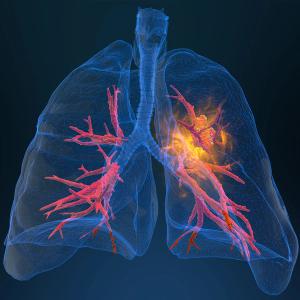
Published: June 3rd 2025 | Updated:

Published: July 17th 2023 | Updated:

Published: September 15th 2024 | Updated:
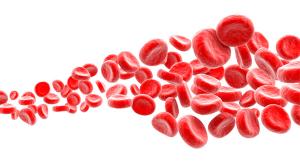
Published: September 12th 2024 | Updated:

Published: June 10th 2022 | Updated:

Published: December 16th 2024 | Updated: